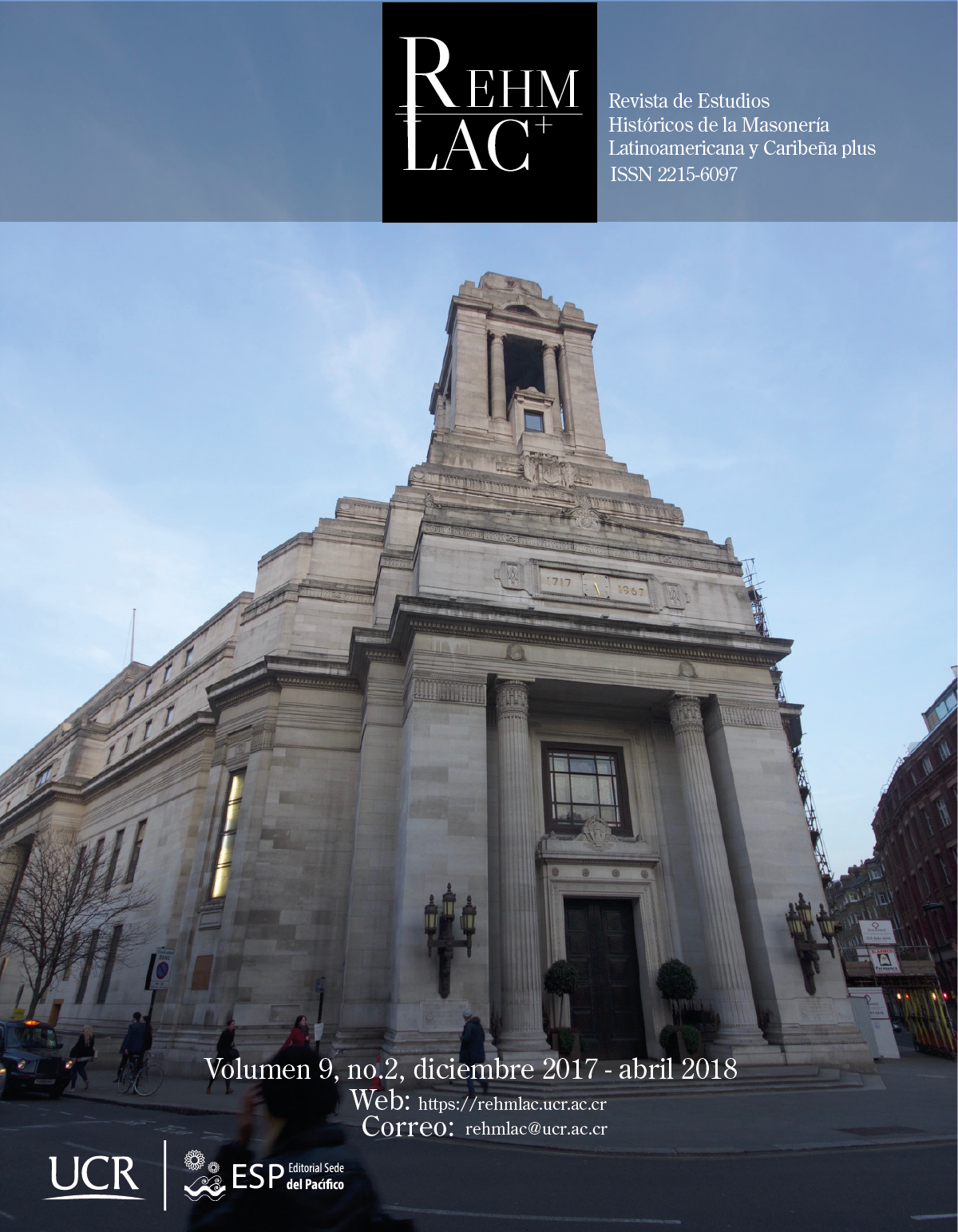Abstract
In the second half of the eighteenth century, members of European Commercial Companies founded the first Masonic lodges overseas over the many port cities within the global system of market relations. From that moment on and as imperialisms intensified, new lodges were founded, which associated a large number of mostly European foreigners and, as of the second half of the nineteenth century, natives also became members. Consequently, this essay proposes to interpret, from a Global History perspective, how imperialisms conditioned the insertion of Freemasonries beyond Europe, and how it functioned as a network of international sociability.


